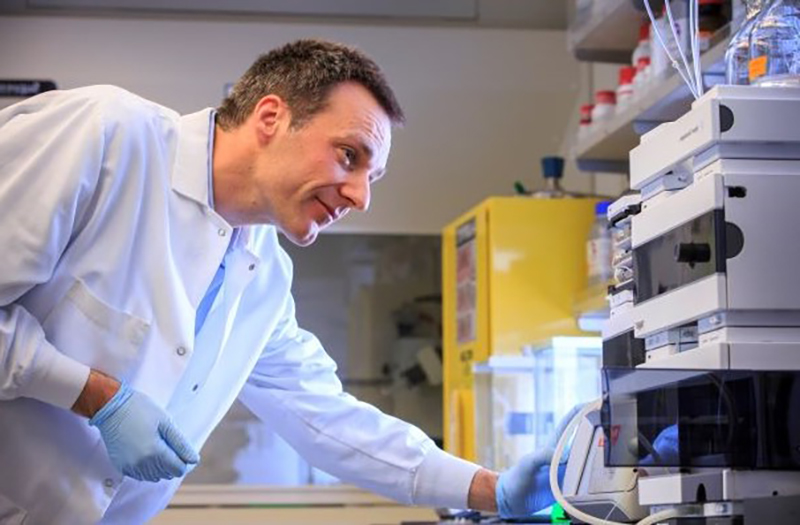
Every year in May, National Cancer Research Month presents an opportunity to highlight the importance of scientific research for developing new treatments and helping the 20 million people worldwide who are diagnosed each year with cancer.
Alliance for Cancer Gene Therapy (ACGT) is a catalytic force in advancing research for the exceptionally promising science of cancer cell and gene therapy, which harnesses the patient’s own immune system to destroy cancer cells without harming healthy tissue.
Since 2001, ACGT has awarded 69 grants to 67 Research Fellows at 41 of the top medical institutions in the U.S. and Canada, equaling more than $37 million invested to advance cancer research.
Funding from the Alliance has led to clinical trials, the first FDA-approved cell and gene therapies for cancer, and more patients living cancer-free for more than 10 years.
In recognition of National Cancer Research Month and ACGT’s ongoing efforts to help scientists develop cancer cures, here are several research projects currently being funded by ACGT.
Oncolytic viruses to treat glioblastoma.
Juan Fueyo, MD (The University of Texas MD Anderson Cancer Center), and E. Antonio Chiocca, MD, PhD (Brigham and Women’s Hospital), are each developing an oncolytic virus to treat glioblastoma in separate ACGT-funded research projects. Glioblastoma, the most common type of primary brain tumor, is diagnosed in approximately 15,000 people in the U.S. each year with a 5-year survival rate of less than 10%.
Oncolytic viruses are modified viruses engineered to infect only cancer cells while leaving healthy tissue unaffected. The virus causes infected cancer cells to break apart and die, which activates the immune system to send T cells to the tumor’s location.
Using gamma-delta T cells against pancreatic cancer.
Amer Zureikat, MD, FACS (University of Pittsburgh), is researching the effectiveness of a specific type of T cell as tumor-infiltrating lymphocytes against pancreatic cancer.
Tumor-infiltrating lymphocytes, also called TILs, are immune cells that have started attacking tumors. People with cancer have TILs naturally attacking their tumors, but not enough to destroy the disease. The cells also become exhausted and ineffective over time.
Scientists can duplicate a patient’s TILs to give them more T cells capable of infiltrating the tumor, which is called TIL therapy. The FDA has approved a TIL therapy for advanced melanoma.
Dr. Zureikat is researching the effectiveness of gamma-delta T cells, which account for as much as 40% of the TILs found in pancreatic cancer tumor samples.
Targeting immunosuppressive macrophages to help the immune system.
Macrophages are immune cells that eliminate bacteria and dead cells. Cancer can turn macrophages against the immune system by blocking T cells from infiltrating solid tumors.
Brian Brown, PhD (Icahn School of Medicine at Mount Sinai), is using ACGT funding to develop a CAR T-cell therapy that targets tumor-aiding macrophage cells. The goal is to eliminate macrophages that suppress the immune system, which makes tumors more vulnerable to other cell and gene therapies.
Engineered T-cell receptor therapy for pediatric brain tumor.
Hideho Okada, MD, PhD (University of California, San Francisco), in partnership with Sabine Mueller, MD, PhD, is leading a clinical trial testing an engineered T-cell receptor therapy in children with a rare and aggressive brain tumor called diffuse midline glioma (DMG). Approximately 300 children each year in the United States are diagnosed with DMG.
Engineered T-cell receptor (TCR) therapies use T cells engineered with a protein receptor that helps them find and attach cancer cells. DMG cancer cells usually express unique cancerous proteins within the cells, and TCRs can guide the T cells to finding these proteins.
More details about this clinical trial are available on the clinicaltrials.gov website.



